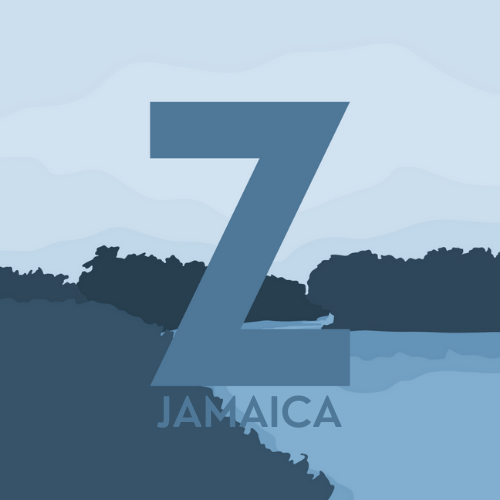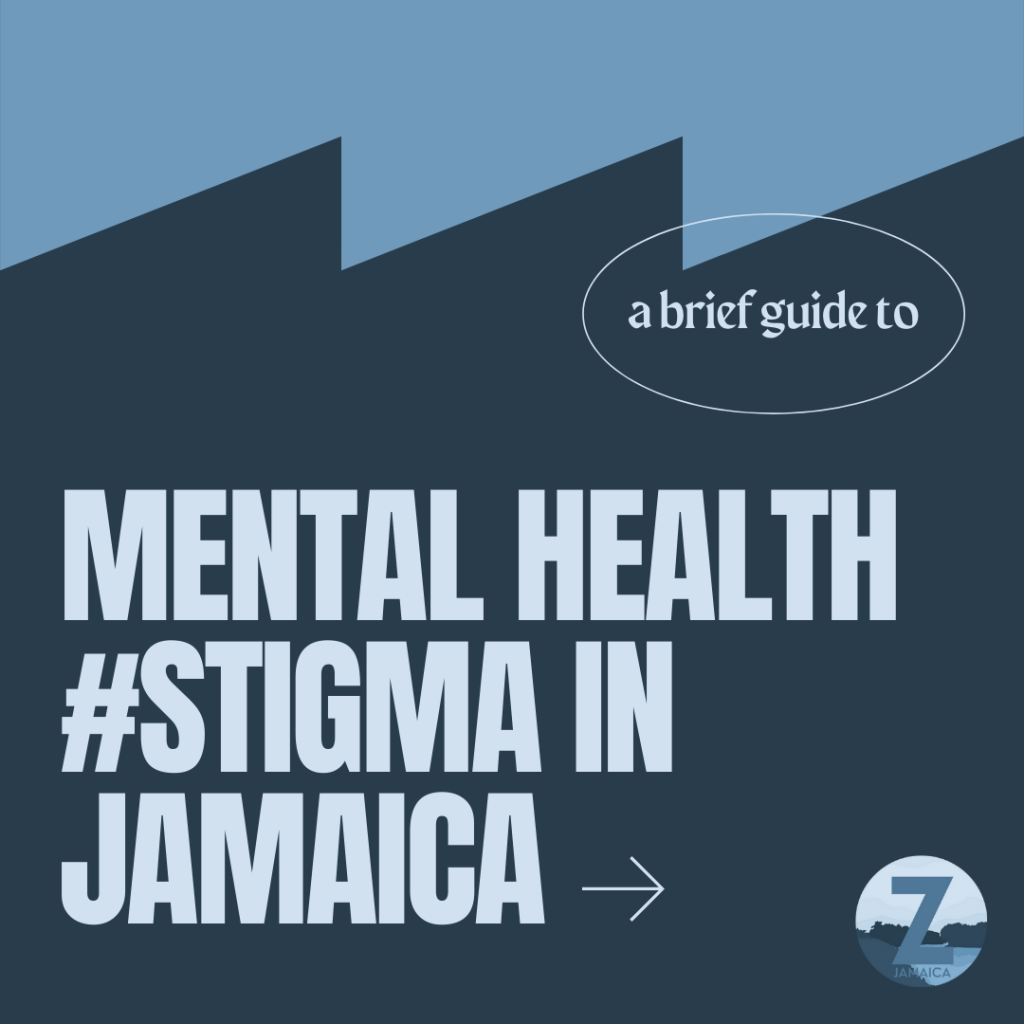by Jaeda McDonald | January 24, 2022
Mental health stigma is the negative view on mental illnesses and persons who have them. It contributes to the shame of those with mental health issues and prohibits them from pursuing happy and/or fulfilling lives.
When many people think of mental illness, they think of a homeless or psychotic person not worthy of professional help. They view mental issues as something exclusive to the homeless who are seen as outcasts in society. This view continues to be the reason many Jamaicans refuse to seek help for their own mental concerns, as well as those of their loved ones, including children.
A study conducted by US and Jamaican mental health professionals in 2010 found out that the main emotional response of Jamaicans to mental illnesses and the mentally ill was fear and many times a fear of dangerousness. The image painted of the mentally ill is of individuals who have no control of their own minds, which results in them being dangerous to themselves and others.
The stigma pushing this agenda, does nothing more than magnify the problem leaving the society in some serious trouble being a matter of life or death.
STATISTICS
The 2017 Global Burden of Disease database states that anxiety and depression disorders are the most common mental health concerns in Jamaica, both having serious negative impacts. Around 3% and 4.1% of Jamaicans have depression and anxiety disorders respectively. Women and non-males seem to be at higher risk for these disorders with 3.7% of them having depression and 4.3% having anxiety, while 2.3% of men and non-females have each of the two.
In 2019, Minister of Health and Wellness, Dr. Christopher Tufton, reported that 4 in 10 Jamaicans will suffer from some form of mental illness at some point in their lives. Additionally, every 1 in 5 young people suffers from mental illness.
MENTAL HEALTH DISORDERS
Depression is a mood disorder resulting in feelings of dejection, difficulty in performing simple tasks and may cause suicidal thoughts.
Anxiety disorders cause a constant state of worry and/or fear, they manifest in everyday tasks, cause fatigue, and may hurt academic or professional performance.
Post Traumatic Stress Disorder of PTSD occurs in those who have experienced or witnessed a stressful or distressing event including acts of violence and the effects of natural disasters. It tends to involve always being on guard or constant reminders of the traumatic event.
Paranoia is the constant feeling that you are the target of intrusive attention or that everyone is going after you. Those with paranoia may find it hard to trust or be constantly defensive.
Bipolar disorder causes extreme mood swings including seemingly impossible highs and very low lows. It can affect sleep, behaviour, and the ability to think clearly.
THE CYCLE OF MENTAL HEALTH STIGMA
The societal fear of mental illness becomes debilitating for children who may have intellectual, developmental, or other mental health issues. The first response of society, being fear and shame, pushes more children to suffer in silence. If the adult has that response, how does a child get the courage to go against those beliefs and speak up? Furthermore, how does that child get the psychological evaluation and help they need in order to cope with the limited resources offered?
The adults make the choice to ignore the problems, and the children are not able to make their own decisions regarding their mental health concerns. Many of those children, because of this, are not able to voice the concerns they are having and suffer in silence. Those who are able to speak up, are often told that it is either not possible because they are not “mad” or are told it is not possible because they have not dealt with the ‘real struggles of life’.
This highlights another set of adult Jamaicans who believe that mental health issues can only affect themselves and not children. The narrative is based on the idea that the hardships of adulthood like paying the bills, working, and managing the household are the only reasons causing overwhelming mental exhaustion, which is indeed a mental health concern.
These all invalidate the concerning and oftentimes debilitating mental health issues of children and adolescents, who grow up suffering in silence and, in turn, pass down these ideologies to the younger generation.
ONE STEP FORWARD
In 2019, The Ministry of Health and Wellness launched a campaign dubbed ‘Speak Up, Speak Now’ that facilitates the sharing of personal stories and experiences of mental illness. It aims to raise awareness of the effects of mental health issues, start a conversation on mental health and mitigate the stigma surrounding it.
The Jamaican Psychological Society has been continuously advocating the government, on behalf of those with mental health issues, to provide public education on mental health and to allocate more needed resources. So far, there has been greater awareness and some reduction of the stigma, allowing those who suffer from mental health concerns to feel uplifted and supported.


Leave a comment